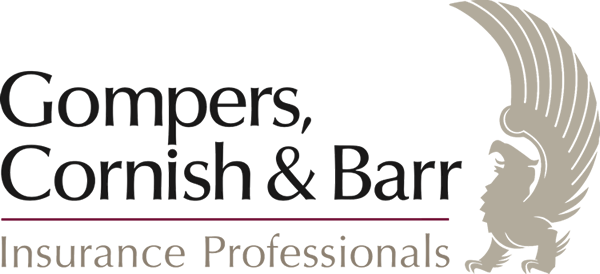
Take These Steps to Lower Premiums Without Compromising on Coverage
By Lauren Dallas, Personal Lines Manager
With the cost of nearly everything on the rise, people are naturally looking for areas in their spending where they can cut back. As inflation persists, it’s understandable that people are examining budgets and tightening their belts where they can.
Certain expenditures — such as food and housing — are rigidly non-negotiable, as they are necessities of life. Similarly, auto and homeowners insurance are non-discretionary expenditures.
While going without insurance isn’t an option, there are some steps you can take to lower your monthly premiums.
How to Lower Your Insurance Expenditures
Here are five surefire ways policyholders can lower the costs of insuring their homes and automobiles:
1 - Bundle your home and auto policies with the same insurance company.
We hear plenty about “bundling” coverages from Flo, the talking gecko, Mayhem, and all of the other TV personalities advertising insurance these days, but it really is the single best way to save money on home and auto insurance. Multi-line coverage provides the biggest discount offered by carriers to their policyholders. There is little reason to have your homeowners policy with one carrier and your auto policy with another, so take advantage of your most valuable opportunity for savings by quoting your home and auto policies together. Even having multiple cars insured with the same company provides a significant discount, so always bundle!
2 - Keep your insurance score high.
While knowing everything about how your individual insurance score is calculated can get technical and a little overwhelming, it’s important to understand that you are being scored as a holder of insurance policies over time. Similar to your credit score, the higher your score, the more willing insurance companies are going to be to take you on as a policyholder — and offer you attractive premiums and discounts to win your business. Your insurance score is, in part, calculated using your credit score, but it also takes into account things like your premium payment history, your past policy history, your claims history, and how consistently you’ve maintained coverage. While you certainly don’t need to be an insurance score expert, be consistent in paying your premiums, don’t let your coverage lapse for non-payment, and try to avoid claims to the best of your ability.
3 - Don’t “policy hop.”
Though it’s wise to periodically review your existing policies against others that might be available in the marketplace at lower cost, there is a beneficial reason to stay with one carrier for a period of time. When quoting new policies, insurance companies like to see longevity in a person’s relationship with their insurance providers. A company quoting a policy for a brand new customer will factor that longevity with the incumbent carrier into their quoting and will typically reward the policyholder’s history of loyalty when quoting their new policies.
4 - Consider higher deductibles to lower premiums.
At Gompers, Cornish & Barr, we like to work with clients to help strike the proper balance between how much money they are looking to save and what their risk tolerance is to absorb a potential claim loss in the future. For example, if we raise a deductible from $1,000 to $2,000, and that results in lower monthly premiums, at what point does the policyholder save enough in monthly premiums to offset that additional $1,000 in deductible obligation should a significant loss occur? It’s often a reasonably short period of time to justify the higher deductible. Of course, if you never suffer a loss, you’d be way ahead of the game. And if you experience a loss five years into the future, you’ve already saved way more in premium than you will need to outlay in additional deductible. A good rule of thumb here is to use a five-year time horizon: How much premium will you save in five years compared to the higher deductible you’re considering?
Sometimes it can be helpful for the insured to set aside that monthly or annual premium savings into a separate account so they can visualize the savings and realize the advantages of having that higher deductible. Then, when a significant loss occurs, they simply dip into the premium-savings “piggy bank” to cover the deductible difference!
Higher deductibles also tend to dissuade policyholders from filing claims on small losses, choosing instead to pay for the repairs out-of-pocket because the deductible is higher in cost than the repairs. Lowering claims activity is yet another way to see policy premiums reduce over time.
5 - Enjoy your independence!
One advantage independent insurance agencies have over “captive agencies,” or those who only represent a single insurance company, is that the independents can shop their clients’ policies around to multiple carriers. They are able to shop for the best policy terms at the most affordable rates. Competitive forces tend to drive prices down — insurance is no different. Working with an independent agent, a customer only has to provide the relevant information once, and the agent can then provide multiple options, along with some independent analysis of each policy proposal as well as guidance on which is the best fit for each individual.
Shopping for Insurance is No Fun — Let Us Do the Shopping For You!
We understand that taking the time to shop for the best possible rates at a number of different insurance companies can seem like an arduous and time-consuming task. However, reviewing your policies with an independent agent is really the best way to find out which company is offering the best policies at the most affordable rates, suited to your exact situation and needs.
This is why we take the burden of shopping for insurance off of your shoulders. As an independent agent, we are able to quote multiple carriers, so you don’t have to. We can help you understand which is the best option for you, so you can save money with confidence, knowing you’re not sacrificing coverage just to get a better deal.

